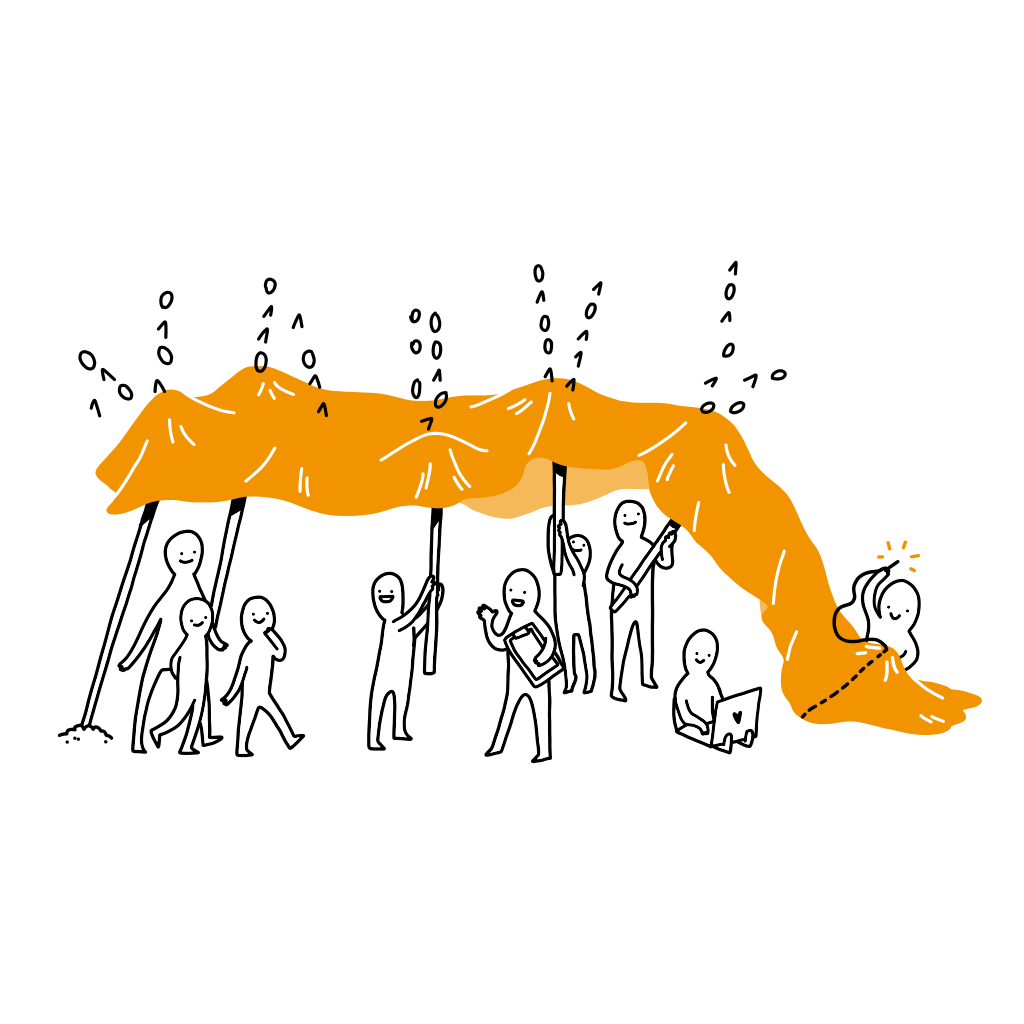
Creating a more welcoming movement:
Wikimedia leads Universal Code of Conduct
Every day, tens of thousands of volunteer contributors add and edit information on the Wikimedia projects—Wikipedia, Wikimedia Commons, and Wikidata to name a few. Volunteers regularly interact and collaborate with each other, whether in online discussions debating the nuance of a particular edit, or at in-person workshops and edit-a-thons focused on advancing free knowledge. In order to support these volunteers and build safer community spaces, the Wikimedia Foundation worked for eight months with the contributor community to co-create a Universal Code of Conduct (UCoC) that will help establish a more welcoming environment for people who curate the knowledge we all use.
The UCoC expands on our projects’ existing policies to elevate expectations for contributor behavior, and it outlines the types of supportive, collaborative participation that characterize Wikimedia’s communities at their best and most productive. By clearly defining harassment and unacceptable behavior, and by addressing power imbalances common in online communities, the UCoC signals the Wikimedia Foundation’s commitment to creating spaces that foster diversity of thought, religion, sexual orientation, age, culture, language, and other embodiments of peoples’ lives.
Going forward, the UCoC is an opportunity to create a more welcoming environment for volunteer contributors and, in doing so, to reduce knowledge gaps across the Wikimedia projects. For example, the UCoC can empower communities to address Wikipedia’s gender gap both through the increased participation of women and a more equitable representation of articles about women on Wikipedia. We believe the UCoC can be a model for other digital spaces and internet platforms to learn about community-led governance and diversity practices.
Photo credits

Riesenspatz / Svenja Kirsch, Anna Lena Schiller, riesenspatz.de